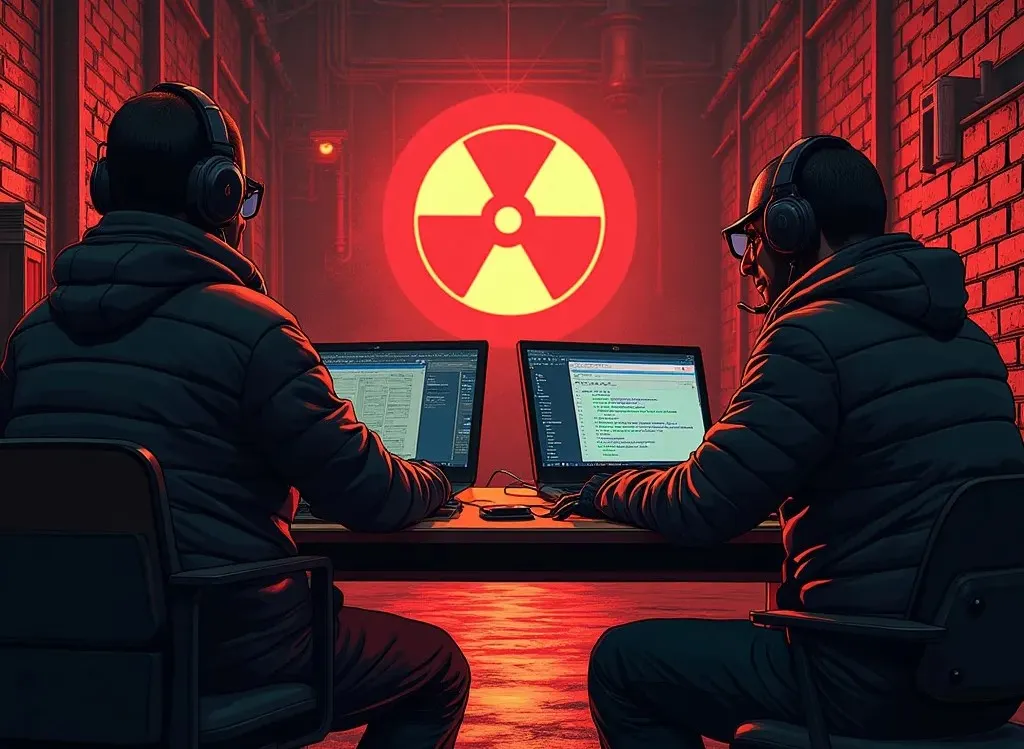
The great nuclear insider risk refers to the threat posed by individuals with authorized access to nuclear facilities, materials, or information who might intentionally cause a nuclear accident, theft, or sabotage. This risk is particularly concerning because insiders have the knowledge, skills, and access to bypass security measures, making it difficult to detect and prevent such incidents.
Insiders may be motivated by various factors, including financial gain, political ideology, personal grievances, or psychological instability. The consequences of a nuclear insider incident could be catastrophic, leading to widespread radioactive contamination, loss of life, and significant economic and environmental damage.
Software developers play a vital role in the development and maintenance of nuclear facilities' control systems, safety systems, and security systems. These systems are critical to the safe operation of nuclear power plants, and any vulnerabilities or weaknesses in the software can be exploited by insiders to compromise nuclear security.
Insiders, including software developers, may have the knowledge and access to manipulate or bypass security measures, making it difficult to detect and prevent insider threats. For instance, a software developer with access to a nuclear facility's control system could potentially introduce a malicious code or backdoor, allowing them to remotely access and manipulate the system.
Furthermore, software developers may be involved in the development of nuclear security systems, such as access control systems, surveillance systems, and intrusion detection systems. If a software developer with malicious intentions is involved in the development of these systems, they could intentionally introduce vulnerabilities or weaknesses, making it easier for insiders to compromise nuclear security.
In summary, the link between software developers and the great nuclear insider risk lies in the critical role software developers play in the development and maintenance of nuclear facilities' systems. The insider risk is heightened when software developers with authorized access to these systems have the potential to exploit vulnerabilities or introduce malicious code, compromising nuclear security.







